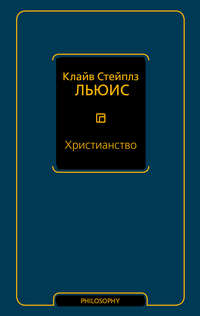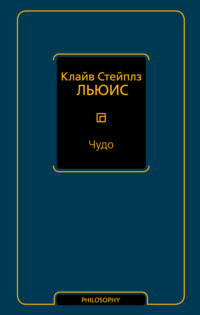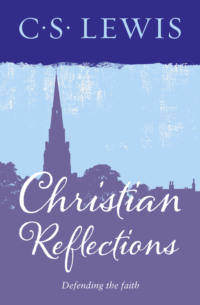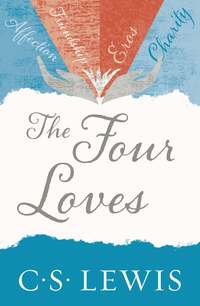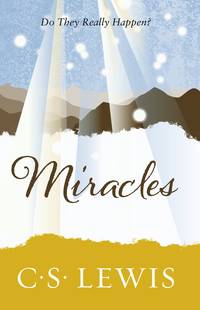
Полная версия
Boxen: Childhood Chronicles Before Narnia

Boxen
Childhood Chronicles Before Narnia
C.S. Lewis
and W.H. Lewis
Introduced by
Douglas Gresham
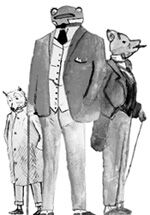

Contents
Introduction by Douglas Gresham
ANIMAL-LAND
The King’s Ring
Manx Against Manx
The Relief of Murry
History of Mouse-Land from Stone-Age to Bublish I
History of Animal-Land
The Chess Monograph
The Geography of Animal-Land
BOXEN
Boxen: or Scenes from Boxonian City Life
The Locked Door and Than-Kyu
The Sailor
Littera Scripta Manet
Tararo
The Life of Lord John Big of Bigham
ENCYCLOPEDIA BOXONIANA
The History of Boxen by Walter Hooper
Credits
Copyright
About the Publisher
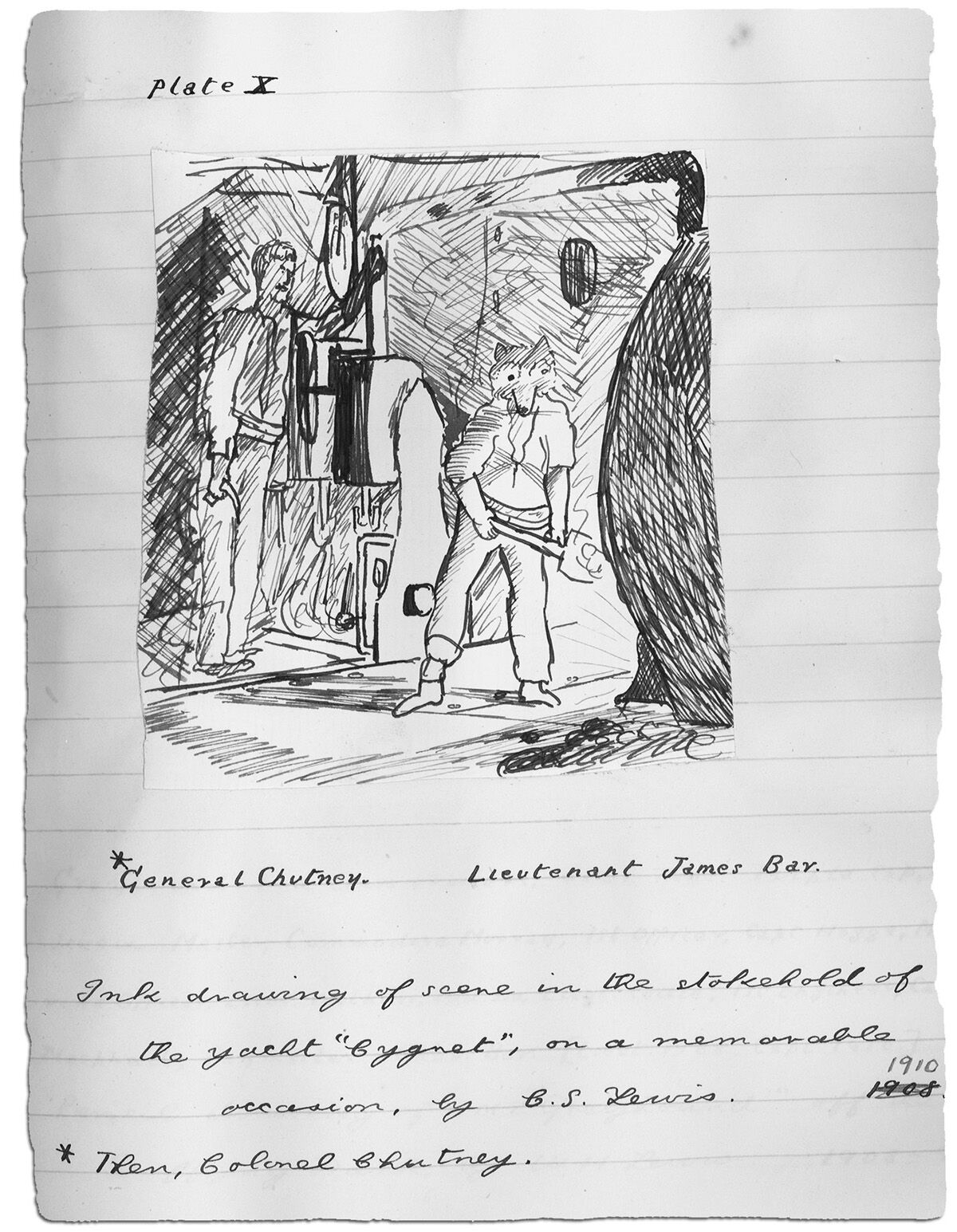
INTRODUCTION
By Douglas Gresham
The stories that make up Boxen were not really written for children. In fact, they were not really written for any of us; these stories were written by two boys, Clive Staples Lewis and Warren Hamilton Lewis, when they were about 8 and 11 years old, each writing for an audience of one – his own brother.
The stories were almost all written in a little end room on the attic level of a large and clumsy house in an inner suburb of the Northern Irish city of Belfast. And they were written in the very early years of the last (the twentieth) century. Now, at that time Belfast was an unhealthy place to live and children frequently died of illnesses that, today, children rarely catch at all, and others that most children shrug off with scarcely a second thought. Today we have the benefit of vaccines and medicines that make our lives a great deal more safe and sound than they ever have been before, and we tend to forget that life was not always like this.
Ireland in 1906 (when the two brothers started writing these stories) was a dirty, damp, cold and often wet place. There was little or no reliable sanitation, modern medical knowledge was still in its infancy, and even things like heating and refrigeration were primitive or non-existent. Most houses were heated through the long, depressing Irish winters and sometimes in spring, summer and autumn too, with open fires burning coal for those who could afford it and peat for those who couldn’t. (I have no idea what harm the continual inhalation of the smoke and fumes from those fires did to people, but it must have been pretty grim.)
C.S. Lewis, whose self-chosen nickname was ‘Jack’, and his brother ‘Warnie’ (a nickname imposed upon him by Jack) had dutiful and loving parents who cared for their sons deeply. They would keep them indoors when the weather was wild and wet, or still and gently wet (‘soft’ as the Irish call it), so the boys would have to find some means of entertaining themselves. The house, called ‘Little Lea’, was full of books, and early in their lives both boys learned to read and began to devour the books as fast as they could. Many were indeed suitable adventure stories for boys, but many were also books for grown ups.
Jack and Warnie weren’t particular, though, and ploughed steadily through every shelf they could reach. They began, as so many of us do, with Beatrix Potter’s delightful tales of animals and their troubles, but their parents had never ‘heard the horns of Elfland’ and had no taste for faery tales from the pens of luminaries such as George MacDonald, the Brothers Grimm, and Hans Christian Andersen. Likewise there was no appreciation for the store of Irish folk tales and legends that their nurse Lizzi Endicott had filled their minds with: tales of the Daoine Sidhe, the Tuatha Da Danaan and the Milesians (to the expressed disapproval of both their mother and father, which echoes loudly in Miraz’s attitudes in Prince Caspian). So there was a sort of emotional and intellectual gap in Jack and Warnie’s literary experience.
Later on, they read works by Jules Verne, H.G. Wells, H. Rider Haggard, John Buchan, Sir Walter Scott, Alexandre Dumas, Robert Louis Stevenson and Rudyard Kipling among many others, but to begin with they had little enough of Faery or of any of the childhood delights only to be found in books. Somehow the two boys read the books of the house which were far too old for them, listened to the barrage of political discussion in which their elders indulged, and were soon standing intellectually at the edge of a chasm which threatened to separate them for ever from the delights of being a child.
But you can’t spend all your time reading, even if you are the most determined bookworm and are forbidden to play outside the house whenever there is a risk of you getting soaked by rain, sleet or snow, so all that information and exciting adventure that the two Lewis brothers were absorbing had to be building up some kind of creative pressure within their imaginations.
This pressure began to emerge in 1906 as they started to write their own bridge over the gulf, back to the childhoods they might otherwise have lost far too early. Then in 1908 something happened that threatened their ability to be children far more seriously than even the most grown-up of the books and conversations with which they were constantly surrounded. Their mother Flora, whom they both adored, died. The boys were shattered by her sudden death and sought solace in the only safe place left to them, their own imaginations, and much was added to Boxen in the winter of that year.
In developing the world of Boxen, Jack appropriated the ‘dressed animals’ of Beatrix Potter and that part of their fictional world they called ‘Animal-Land’, while Warnie (whose interests were always a touch more prosaic than Jack’s) made his half ‘India’. As their writing and imagination flourished, these elements were combined into the land of Boxen, a land filled with history, politics, war and adventure. It is truly remarkable when you consider that Jack was only 8 when he wrote so astutely of power and the rise and fall of nations in his sketch ‘History of Mouse-Land’ (to be found in History of Mouse-Land from Stone-Age to Bublish I (Old History)), and only 9 or 10 when he wrote his enlightened essay on Boxonian society, touching on such topics as oppression and emancipation in ‘The Chess Monograph’ (The Chess Monograph). Equally remarkable is the artistic and imaginative ability of his brother; Warnie could have been no more than about 11 when he drew the fabulously detailed cutaway schematic of H.M.S. Greyhound that appears in “The Sailor”
What you hold now in your hands are the tangible and readable first bubblings forth of the springs of literature that were, years later, to be the source of a great river from Jack and a healthy tributary from Warnie, both of which have flowed out into the world from that little end room at Little Lea in Belfast all those years ago. Both men have contributed greatly to the literary world of mankind, Jack with more than thirty titles in many genres (all of which he mastered) and Warnie in the field of French History, a subject on which he wrote no less than seven books. It all started here – in Boxen.
DOUGLAS GRESHAM
Malta, 2008
ANIMAL-LAND

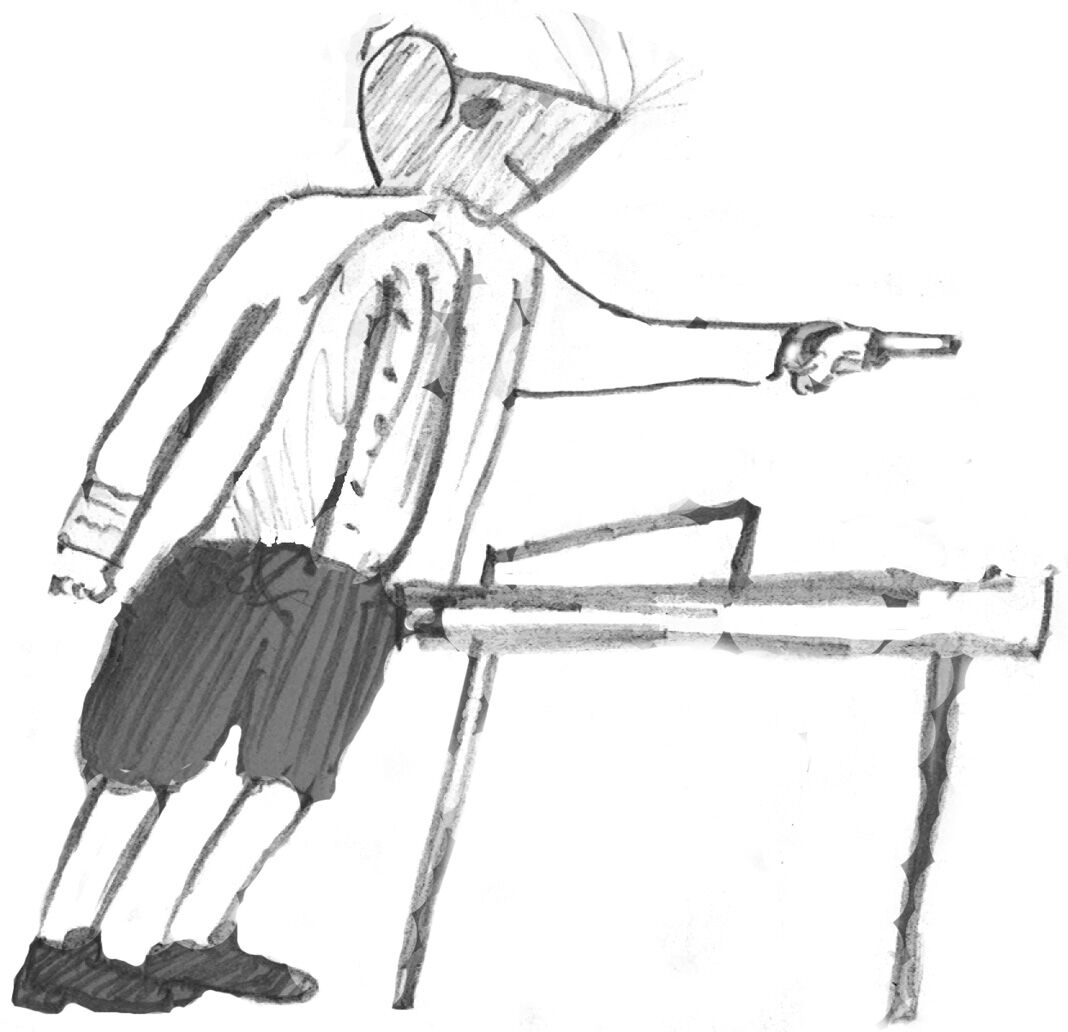
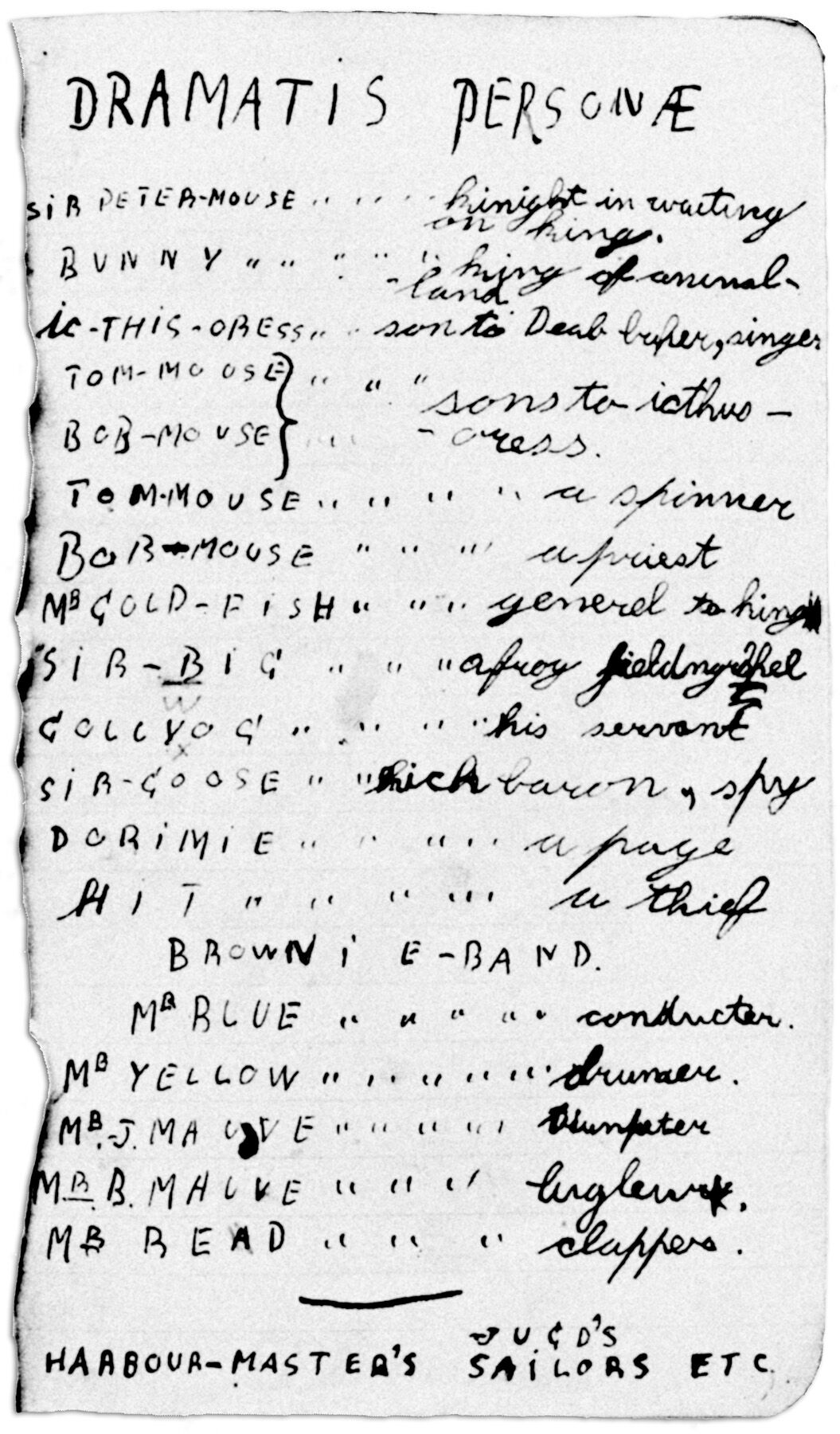
THE KING’S RING
(A Comedy)

Interesting carictars. Famous ones. For instance, Sir Big, a world-famed gentleman. A very good choreus and nice scenry. (Slight comic tints in and out threw it.1)
PREFACE
The play was ment to take place in the year 1327 the reign of King Bunny Ist. Before his reign the country was called Bublish and was under the rule of King Bublish. It was in their to reigns that Mr Icthus-oress made his fortune by playing the harp; he got his name from fighting an Icthus-oress; his father a butcher died 1307.
Dramatis Personae
SIR PETER MOUSE Kinight in waiting on King
BUNNY King of Animal-land
ICTHUS-ORESS Son to dead butcher, singer

MR GOLD FISH General to King
SIR BIG A frog fieldmarshel
GOLLYWOG His servant
SIR GOOSE Rich baron, spy
DORIMIE A page
HIT A thief
BROWNIE BAND
MR BLUE Conducter
MR YELLOW Drummer
MR J. MAUVE Trumpeter
MR B. MAUVE Bugleur
MR READ Clappers
Judges, Harbour-Masters, Sailors etc.
PLACES
PIP CASTLE is King Bunny’s palace
MURRY, a town in Mouse-Land
MOURN HILLS, hills at back of Murry
MOUSE LANE, road between Pip Castle and Murry
THE GOOSE INN, an inn in Murry
JEMIMA, a river on which Murry is built
TOPSY, a port at mouth of Jemima
CANNON-TOWN, a city in Rabbit-Land
ACT I

Scene I: The Goose Inn.
(KING BUNNY and PETER MOUSE discouvered drinking.
BAR-MAN behind counter.)
KING BUNNY: This wine is good.
BAR-MAN: I shall drink a stiff goblet to the health of King Bunny.
KING BUNNY: For this good toast much thanks. SIR PETER: Draws near the dinner hour so pleas your Magasty.
KING BUNNY: Run go bid the kooks to wait.
(Exit SIR PETER.)
BAR-MAN: How now your Magasty. The clock strikes one.
KING BUNNY: I wager you my shoe that I shall put you home. Is that what you mean?
BAR-MAN: Yes I do mean it.
(Curtain.)
Scene II: A room in Pip Castle.
(SIR BIG, GOLLYWOG, etc., KING BUNNY,
SIR PETER etc. eating dinner.)
SIR PETER: (to KING BUNNY) Know you the bar-man’s name?
KING BUNNY: His name is Hit.
GOLD FISH: T’is an odd one in sooth, how came you know it your Magasty?
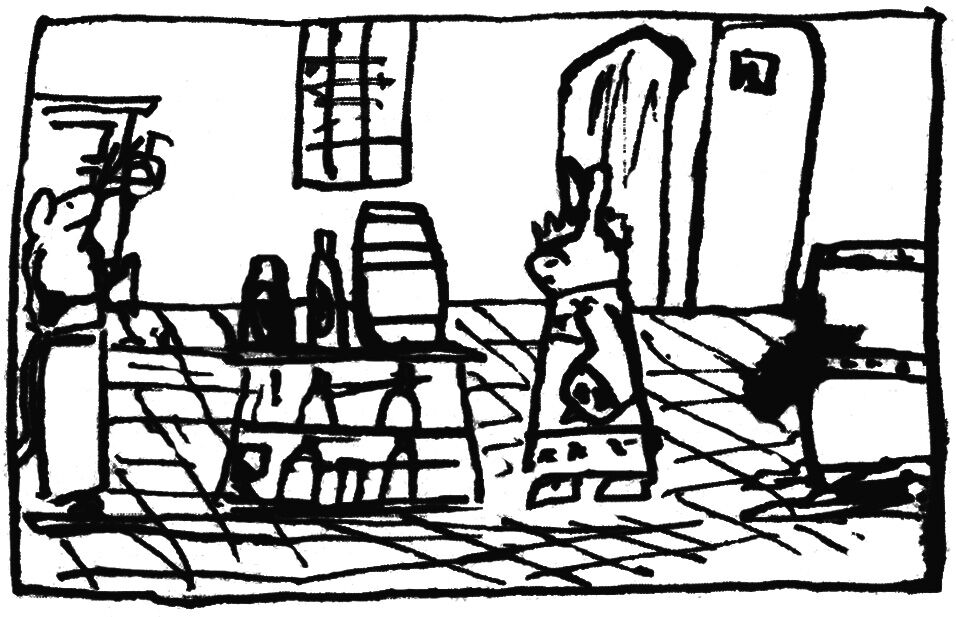
KING BUNNY: I heard folk call him Hit. (Enter a SERVANT.)
SERVANT: A Mouse stands at the gate and he would speak with your Magasty.
SIR BIG }
KING BUNNY } Let him come.
SIR PETER }
(Exit SERVANT.)
SIR PETER: Who might it be? What might he want?
(Re-enter SERVANT with HIT.)
SERVANT: This is the Mouse.
KING BUNNY: How-now good Hit.
HIT: I am well. I hope I find the same. How tight thy ring is.
(KING BUNNY tacks it of. Goes to window to look at mark on finger.)
HIT: (aside) I am a lucky Mouse.
(Tacks ring. Exit.)
KING BUNNY: (turns) O where is my ring and where is Hit?
(Curtain.)
Scene III: Mr Icthus-oress’s House.
(MR ICTHUS-ORESS, BOB, TOM and GOLLIWOG.)
MR ICTHUS-ORESS: Wilt have a game of cards?

BOB: The law of mine order allows me not such idle pleasures.
MR ICTHUS-ORESS: Thou needst not play, then.
(Enter SIR PETER MOUSE.)
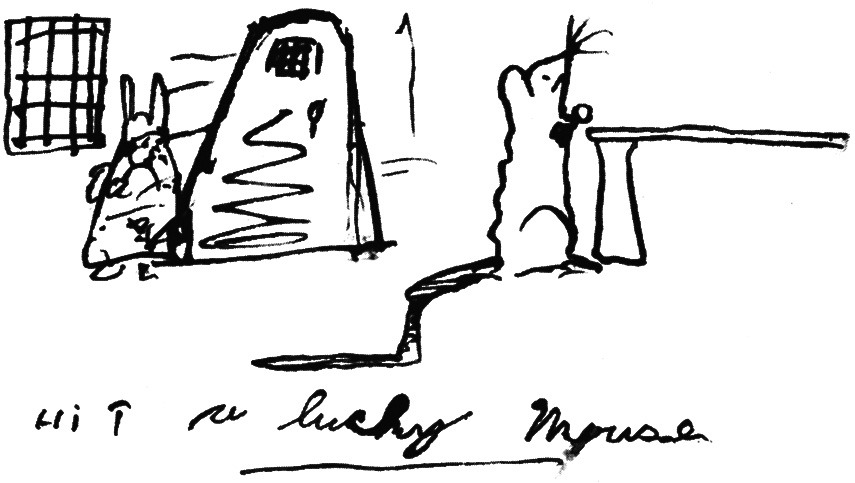
SIR PETER: Hast sceene the King’s ring? T’is lost.
MR ICTHUS-ORESS: Lost!! None of us saw it.
SIR PETER: It must be found.
(Exit.)
MR ICTHUS-ORESS: T’is bad.
BOB: May wee be saved from the theft that stole King Bunny’s ring.
TOM: Thy bald and brainless pate shall do no good.
MR ICTHUS-ORESS: Hush I hear footsteps.
(Enter HIT bearing BUNNY’S ring made to look like a common ring.)
HIT: I’ll sell you ring for one Ducat. MR ICTHUS-ORESS: (gives ducat) I shall buy it.
(Curtain.)
ACT II

Scene I: Murry. SIR BIG’S house.
(Enter SIR BIG, SIR PETER, GOLLYWOG, etc.)
SIR BIG: Gollywog.
GOLLYWOG: My lord.
SIR BIG: Get me mine aurmer. I and the good Sir Peter mean to find the king’s ring.
(Exit GOLLYWOG.)
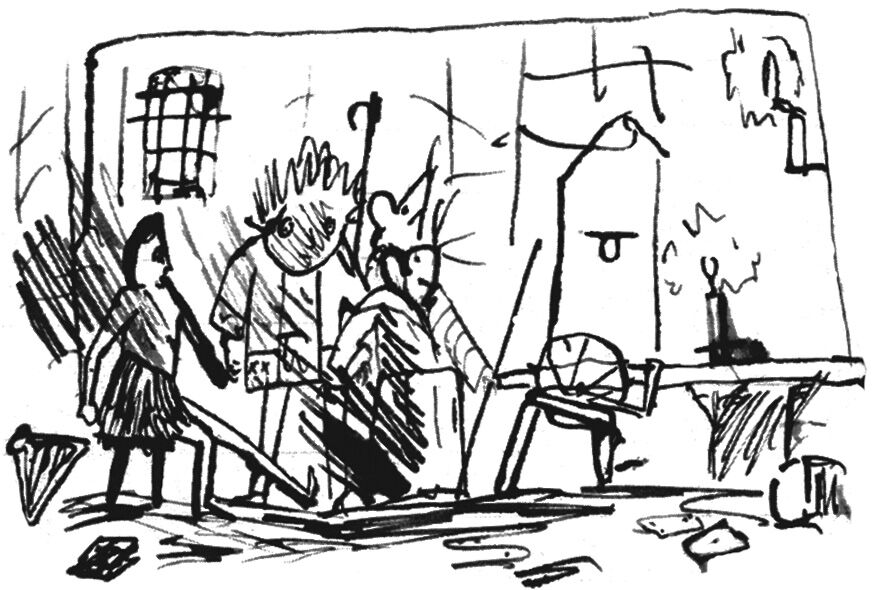
SIR PETER: Wee set our selves to a hard task.
SIR BIG: Indeed wee do sir.
(Enter MR BLUE.)
MR BLUE: I too shall help to find the king’s ring. (Exit all. Enter MR ICTHUS-ORESS, TOM, BOB, GOLLYWOG.)
MR ICTHUS-ORESS: The ring which I have bought is good.
TOM: How goes the story of Bun’s ring I wonder. (Enter MR BLUE with arrow in his side borne by MR YELLOW.)
MR BLUE: I asked Mr Hit had he got it1 but he got angry and shot an arrow at me. MR ICTHUS-ORESS: He is a false knave.

(Enter the rest of BROWNIE BAND and DORIMIE.) DORIMIE: (to MR BLUE) I have revenged you. MR BLUE: Much thank for that.
(Curtain.)
Scene II: A boat. SIR BIG’S cabin.
(Flourish. Enter SIR PETER, GOLLYWOG
and DORIMIE.)
SIR BIG: O now we sail to Cannon-Town for there that false knave Hit has fled. Wee mean punish him for shooting at Mr Blue.
SIR PETER: Indeed you speak sooth. Ho!! Dorimie. DORIMIE: My lord.
SIR PETER: Get me some wine.
(Exit all. Flourish. Enter MR ICTHUS-ORESS.)
MR ICTHUS-ORESS: (sings)
Something ti tack a tack to
Hurting the feelings of you.
(Enter HIT.)
HIT: Hail gossip. Dist like the ring I gave thee.
MR ICTHUS-ORESS: O verry well.
(Curtain.)
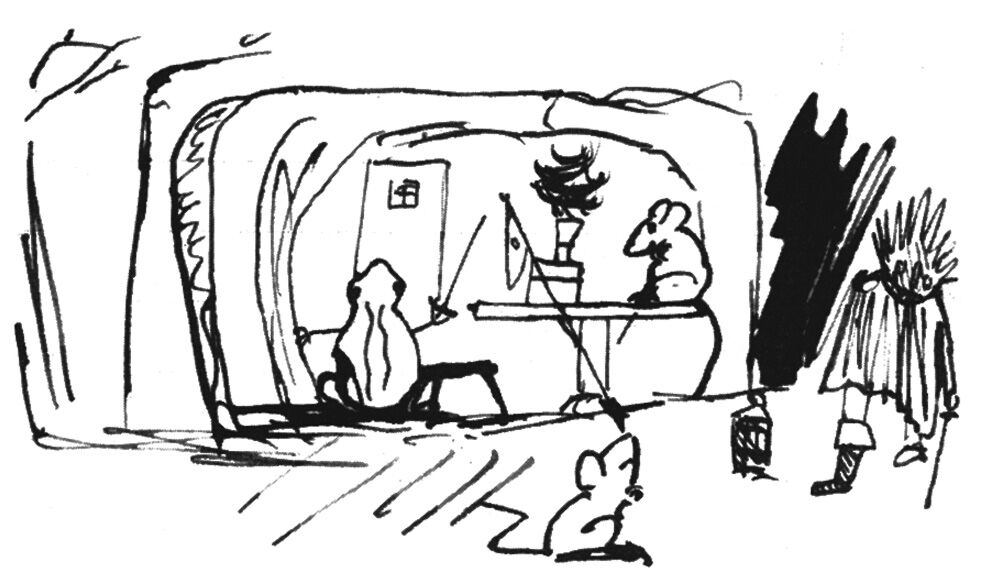
Scene III: The Liberry at Cannon-Town.
(Enter a HERALD. At last SIR BIG, SIR PETER,
MR GOLD FISH and all the BROWNIE BAND,
MR BLUE included.)
HERALD: Be it now told that Archaabald Hit hath been made a member of the order of knight. Ye reason why be not told ye public.
(Exit HERALD: Flourish. Enter KING BUNNY followed by DORIMIE.)
KING BUNNY: Come hither friends and list to me. I knighted Hit to draw him near me, for the nearer he is to me the more I know about him.
ALL: Yes, well.
KING BUNNY: Don’t you know that we have thought from the first that Hit had stolen my ring? And so I mean to see if he realy has.
MR BLUE: I, Sir Big, and Sir Peter Mouse, intend to find thy ring but we heard that Hit had come hither.
KING BUNNY: O I see.
(Curtain.)
ACT III

Scene I: A public garden in Cannon-Town.
(DORIMIE and MR ICTHUS-ORESS discovered.)
DORIMIE: Hail.
MR ICTHUS-ORESS: Good-day sir.
DORIMIE: The same to you gossip.
MR ICTHUS-ORESS: The day is fine.
DORIMIE: Indeed it is good man.
MR ICTHUS-ORESS: Nice gardens.
DORIMIE: Look hear minstrel.
MR ICTHUS-ORESS: Yes.
DORIMIE: I want you to teach me to sing.
MR ICTHUS-ORESS: All right, this the way I sing (sings)
the owl and the
pussy cat went to sea.
DORIMIE: To see what?
MR ICTHUS-ORESS: To the sea.
DORIMIE: O, was it the see of, what Bishop?
(Enter SIR BIG.)
SIR BIG: In sooth thou hast a nice ring.
MR ICTHUS-ORESS: Yes.
SIR BIG: (suddenly finding it is BUNNY’S ring) How is this? This is King Bunny’s ring made up to look like a comon one, at last I have found the theif ho!! Mr Blue, Sir Peter Mouse, Gollywog, I’ve got the King’s ring.
(Enter SIR PETER MOUSE, GOLLYWOG and MR BLUE.)
MR BLUE: Hail Big, what means this noise?
GOLLYWOG: T’is strange.
SIR PETER: O what means this? Explain thy-selfe my lord Sir Big.
DORIMIE: Give him time.
MR BLUE: Be silent page.
SIR BIG: (points to MR ICTHUS-ORESS) On him. On the thief.
SIR PETER: Who!! Which!! Where!! When!! Why!! What!! How!!
SIR BIG: Take hold good freinds and listin, seeing all the while that he does not run away.

SIR BIG: What no ansewr Dorimie, in the name of the king cach hold!!
(Enter SIR GOOSE.)
DORIMIE: But my lord Big, Mr Icthus-oress was my freind –
SIR GOOSE: (inturupting) Hush o hush, good Sir Big. I can give thee the true history of the king’s ring.
MR ICTHUS-ORESS: And so can I.
SIR BIG: Hold thy tounge theif. Go on Goose, what is the history of the ring.
SIR GOOSE: That Hit tooke it that time when good King Bunny had it off and then Hit made it up to look like a comon ring and soled it to Mr Icthus-oress, but Icthus-oress did not know it was Bunny’s ring so you can not blame him, but why has all this fuss been made King Bunny could have got a new one which would have been as good.

SIR GOOSE: O I see.
MR ICTHUS-ORESS: But we will have to punich Hit for 2 things. I. – stealing Bunny’s ring. 2. – geting me in to trouble.

(Exit all but SIR GOOSE.)
SIR GOOSE: And now I’m all alone. I am not a natif of this country realy. I’m a spy and I have been spying all the time. Thats how I knew about the ring.
(Enter DORIMIE.)
DORIMIE: A man wants to speak to you so please you sir.
SIR GOOSE: But it dos not please me. What is his name?
DORIMIE: Hit.
SIR GOOSE: O let him come.
(Exit DORIMIE.)
SIR GOOSE: Ah now I’ve got him in my power. Him no less ho ho ho ha ha ha he he he hi hi hi. (goes and looks down a walk behind a bank) O now he [is] coming. Thats him is it not? (in a lowe voice) O come on Hit never to go back in freedom. (enter HIT) Hail good Hit.
HIT: Hail.
SIR GOOSE: Ah now you’ll walke off my prisoner. (Exit SIR GOOSE draging HIT. Curtain.)
Scene II: Cannon-Town. The Town Hall.
(Enter KING BUNNY, SIR PETER MOUSE, MR GOLD
FISH, SIR BIG, MR BLUE, SIR GOOSE and DORIMIE.)
KING BUNNY: Ah now I want to know if any one in this town hall can tell me the true history of my ring and whats still more importent give it back to me. But come I have been told that some one named Sir Goose knows it. Is he there?
SIR GOOSE: Yes here my lord.
KING BUNNY: Then tell us.
SIR GOOSE: Twas May 2nd in the year 1327 that (your Magasty came to the crown in the year 1310, 1st of March) Mr Hit stole your ring and in the same day soled it to Mr Icthus-oress but Icthus-oress did not know it was your ring, for Hit (old beast) had made it up to look like a comon ring.
KING BUNNY: I see, O but I don’t see my ring and I’d like to.
SIR GOOSE: All right then. I know who can give it back.
(Enter MR ICTHUS-ORESS and HIT.)
MR ICTHUS-ORESS: (gives ring) Theres the ring.
KING BUNNY: Gold Fish remove Hit.
(Exit GOLD FISH. Curtain.)
Scene III: Cannon-Town. The docks. A wharf at
the frith of the St Bumble. A boat. (On its back
SAILORS round it and a HARBOUR-MASTER.)
1ST SAILOR: A hoy.
2ND SAILOR: Who speaks?
1ST SAILOR: Me, Captain Tom’s first boatswain.
2ND SAILOR: In sooth.
HARBOUR-MASTER: Get to work now. Paint this boat.
(exit)
3RD SAILOR: (aside) O go and paint your nose. (Exit all. Flourish. Enter KING BUNNY, SIR PETER, MR MOUSE, GOLD FISH, SIR GOOSE, DORIMIE, MR ICTHUS-ORESS and 2 SAILORS guarding hit.)
KING BUNNY: Ah now we have got the old bar-man and whats beter still I have got my ring.
CHORUS OF VOICES: Hear hear.
KING BUNNY: O silence. And now I must say good by to Cannon-town, the town [of] my birth. Look hear Peter.
SIR PETER: Yes your Magasty.
KING BUNNY: Tell Sir Goose to tell Sir Big to tell Mr Gold Fish to tell Gollywog to tell Mr Icthus-oress to tell Dorimie to tell the sailors to take Hit away.
SIR PETER: Right sir.
(exit)
KING BUNNY: Now I think we must go back to Mouseland. Look the sun hath clove the earth in 2.1 (Curtain.)
THE END

MANX AGAINST MANX
Sir Peter Mouse one night felt a nasty pain in the upper part of his tail, and on waking up began to wonder what it was. ‘At last,’ he said to himself, ‘It was only a bad night-mare.’
However he found his tail mystereousely missing. ‘This is odd,’ said he. ‘I must have had it cut off with-out noticing.’ Next night he (in his sleep) witnessed a soreness at his nose. And in the morning what do you think? His whiskers were gone. ‘Dear me!!’ said Peter, ‘This is bad.’ The next night it snowed.
At 12 o’clock, in his sleep, Peter felt something hurting his ear. When he got up in the morning he found to his surprise that his left ear was cut off. ‘Funny,’ said Peter Mouse, and went out of the room.
Now Peter never spent money if he could help it, and as he was a detective he did not get another to do it for him. He went out into the snow and as he was walking down to his gate he saw paw prints. Mice often see that, but just behind the feet there was a little mark in the snow like this.
‘A funny tail mark that is,’ said Peter to himself. ‘That mouse must have had his tail cut off like me. That is what I call a clue!’ (I think you would too.)



